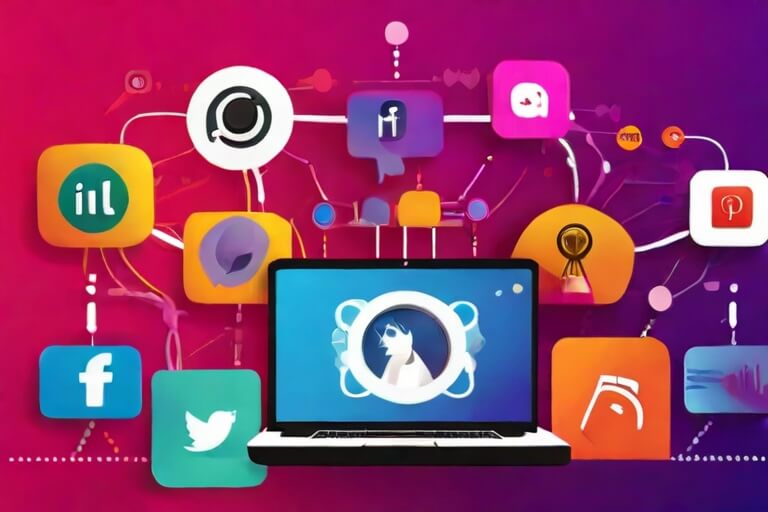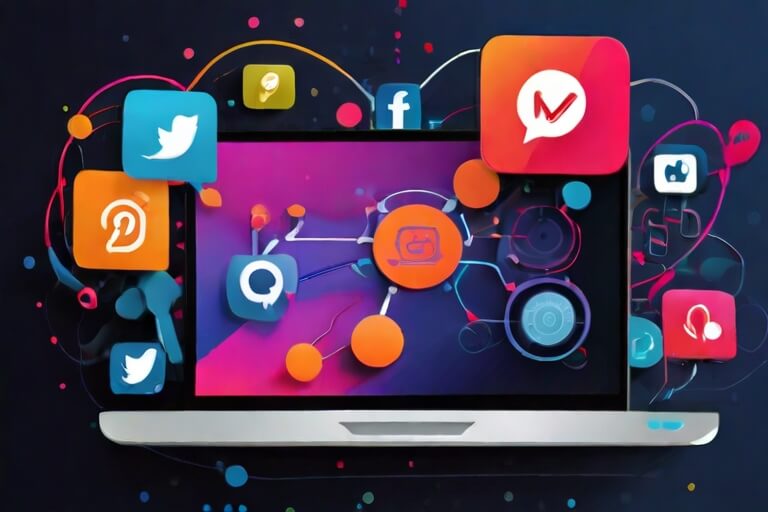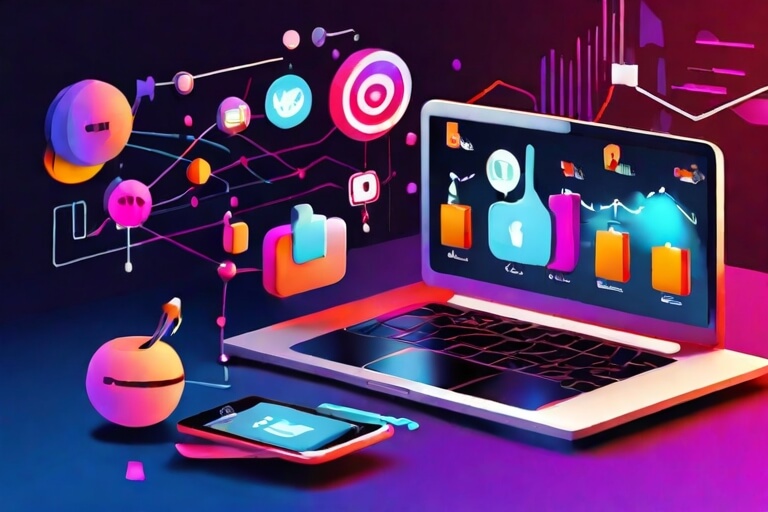AI in Social Media Influencer Marketing: Predicting Campaign Success

Related Posts

Predictive Content Scheduling: Optimizing Social Media Posts with AI
Artificial Intelligence (AI) has revolutionized various industries, and its impact on social media marketing cannot be overstated. As social media continues to evolve, businesses are constantly seeking innovative ways to effectively engage with their target audience and drive conversions. With...

Chatbots in Social Media: Enhancing Customer Engagement with AI
AI-driven chatbots have revolutionized customer engagement by providing automated, personalized interactions at scale. These intelligent virtual assistants are powered by artificial intelligence algorithms that enable them to understand, interpret, and respond to customer queries in a human-like manner. By leveraging...

AI-Driven Social Media Campaigns: A Marketer’s Guide
Understanding the Role of Artificial Intelligence in Social Media Marketing In the ever-evolving world of social media marketing, artificial intelligence (AI) has emerged as a powerful tool for businesses to gain a competitive edge. With its ability to analyze vast...
Table of Contents
hide
